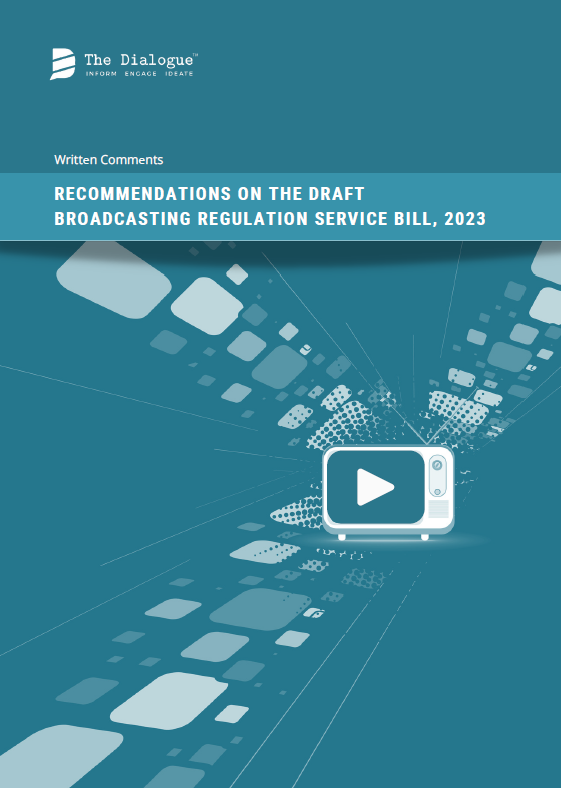The proposed Broadcasting Services (Regulation) Bill, 2023, signifies a significant advancement in shaping the legal landscape governing India’s broadcasting sector. Acknowledging the pivotal role played by the 1995 Cable Television Networks (Regulation) Act, it’s crucial to recognize the transformative shifts in media consumption propelled by technological advancements and the rise of digital platforms.
This Bill seeks to establish a comprehensive legal framework for the broadcasting sector, extending governance to encompass the influential realms of OTT service providers. Notable provisions include the formation of Content Evaluation Committees, the establishment of a Broadcast Advisory Council, and the introduction of a nuanced penalty system aligned with the financial capabilities of involved entities. Commendably, the Bill incorporates progressive measures to enhance accessibility for persons with disabilities, aligning with the government’s vision of inclusivity.
Our clause-by-clause analysis delves into the Bill, offering insights and recommendations for optimization. Based on extensive research and stakeholder engagement, The Dialogue addresses crucial aspects such as precise definitions, the protection of privacy and editorial independence, the necessity for clear programming and advertising codes, and the importance of fair penalty structures.
The central concern with the Draft Bill lies in its approach to regulating OTT platforms alongside traditional broadcasters, despite inherent structural and technical differences. These disparities call for a nuanced regulatory approach, acknowledging the unique characteristics of OTT services. This publication by The Dialogue presents clause-by-clause recommendations on the Bill, offering a comprehensive understanding of the nuances involved.

